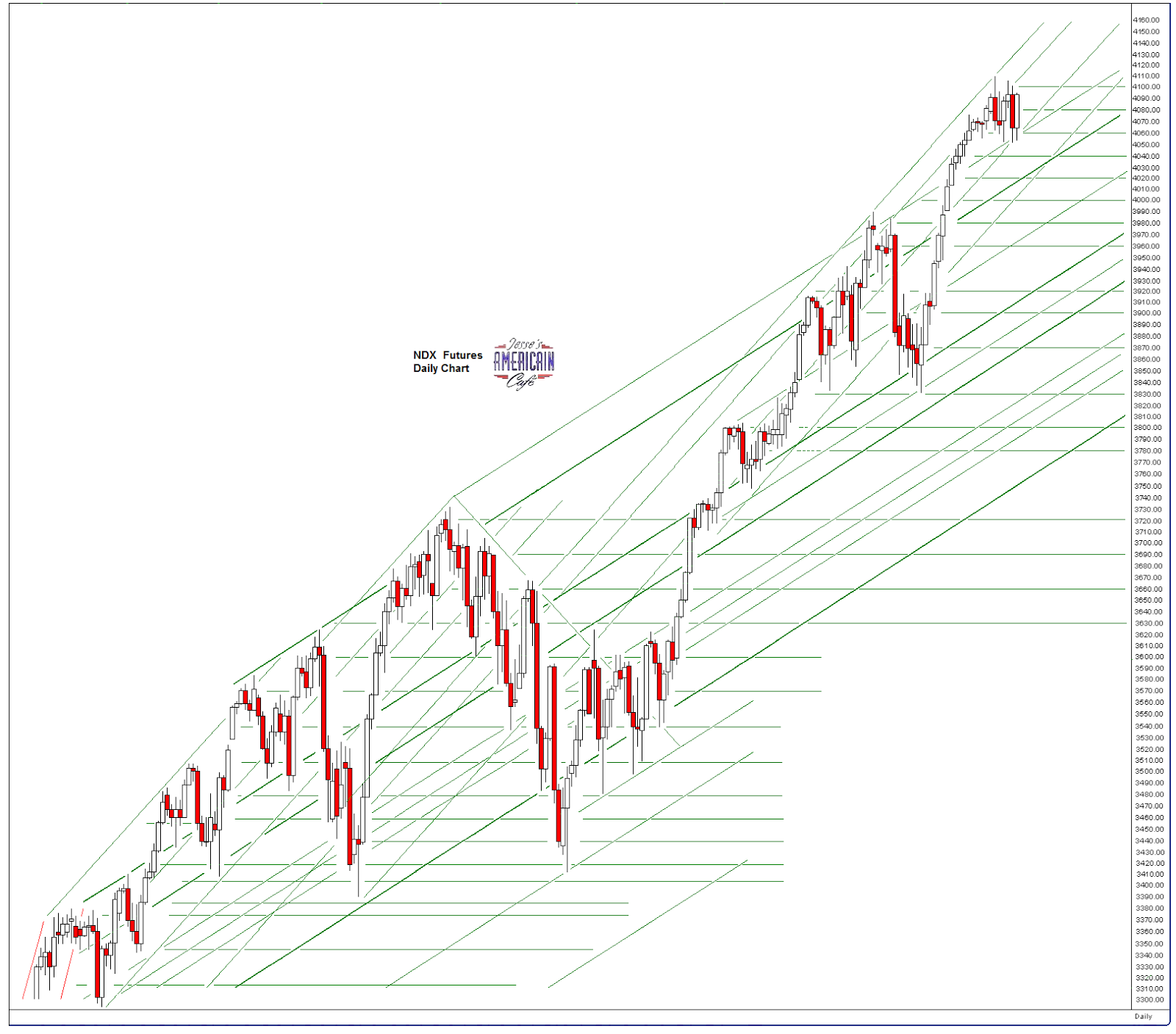Moral Hazard - In economic theory, a moral hazard is a situation in which a party is more likely to take risks because the costs that could result will not be borne by the party taking the risk. In other words, it is a tendency to be more willing to take a risk, knowing that the potential costs or burdens of taking such risk will be borne, in whole or in part, by others. A moral hazard may occur where the actions of one party may change to the detriment of another after a financial transaction has taken place.
Wikipedia says that Economist Paul Krugman described moral hazard as "any situation in which one person makes the decision about how much risk to take, while someone else bears the cost if things go badly."
Moral hazard is not only the misallocation of risk, but the
mispricing of risk without significant consequences as well. This also speaks to the misallocation of risk. As in a bubble.
In our most recent financial crisis we saw both the mispricing of risk in the initial collateralized debt obligations that fed the housing price bubble, and in the aftermath, where much of the consequences of the ensuing financial crisis were allocated to the taxpayers
after the fact and
without an explicit prior agreement to do so, under duress.
A rather sophistic defense of that approach and subsequent policy was provided by Larry Summers who in September of 2007 wrote an article entitled
Beware of Moral Hazard Fundamentalists:
"In the financial arena the spectre of moral hazard is invoked to oppose policies that reduce the losses of financial institutions that have made bad decisions. In particular, it is used to caution against creating an expectation that there will be future 'bail-outs'."
As an aside, when I saw the new 'reform President' bringing in Timothy Geithner, Hank Paulsen, and Larry Summers to key posts in his administration, I suspected that the people's mandate for reform had been deflected, although there was the prior example of FDR bringing in Joe Kennedy to spearhead the SEC. But, alas, Obama quickly turned out to be no Franklin Roosevelt, but a loyal member of the Wall Street wing of the Democratic Party.
And here we are, SEVEN years later. Forget 'future bailouts.' We have what seems to be never-ending bailouts, and subsidies, and special arrangements, and deals benefiting Wall Street, to the detriment of almost everyone else.
Here is a video of Senator Elizabeth Warren from yesterday's testimony in a hearing chaired by Senator Tim Johnson (D-SD)
“Wall Street Reform: Assessing and Enhancing the Financial Regulatory System.”
She begins by questioning
Fed Governor Daniel Tarullo. As you may recall, the Fed is one of the primary banking regulators, acquiring even more and broader regulatory powers in the aftermath of the 2008 financial crisis.
Her second question about the TBTF Banks and failure resolutions goes to FDIC Chair Martin J. Greenberg.
Near the end is a long statement/question from Senator Richard Shelby of Alabama.
I bring this to light, in order to respond to those who say that the banking system has already been reformed. It has not.
It is only 11 minutes in length and is worth watching. You can see it in its entirety
here.
Special thanks go to Pam Martens for bringing these quotes to light in her excellent article,
Jamie Dimon Gets $8.5 Million Raise for Illegal Conduct at JPM. I had not yet found a proper transcript. Pam's articles are consistently timely and of high content value.
“As Judge Rakoff of the Southern District of New York has noted, the law on this is clear. No corporation can break the law unless an individual within that corporation broke the law. (unlike some recent delusions from the Supreme court about the inalienable rights of soulless, disembodied Corporations which are constructs merely of common law with no superior claim to a higher authority equal to an individual's rights - Jesse)
Yet, despite the misconduct at these banks that generated tens of billions of dollars in settlement payments by the companies, not a single senior executive at these banks has been criminally prosecuted. Now, I know that your agencies can’t bring prosecutions directly, but you’re supposed to refer cases to the Justice Department when you think individuals should be prosecuted. So, can you tell me how many senior executives at these three banks you have referred to the Justice Department for prosecution?...
After the savings and loan crisis in the 1970s and 1980s, the government brought over a thousand criminal prosecutions and got over 800 convictions. The FBI opened nearly 5,500 criminal investigations because of referrals from banking investigators and regulators.
The main reason we punish illegal behavior is for deterrence; to make sure that the next banker who’s thinking about breaking the law remembers that a guy down the hall was hauled out of here in handcuffs when he did that.
These civil settlements don’t provide deterrence. The shareholders for the company pay the settlement; senior management doesn’t pay a dime. And, in fact, if you’re like Jamie Dimon, the CEO of JPMorgan Chase, you might even get an $8.5 million raise for negotiating such a great settlement when your company breaks the law.
So, without criminal prosecution, the message to every Wall Street banker is loud and clear: if you break the law you are not going to jail, but you might end up with a much bigger paycheck.
No one should be above the law. If you steal a hundred bucks on Main Street, you’re probably going to jail. If you steal a billion bucks on Wall Street, you darn well better go to jail too.”














































